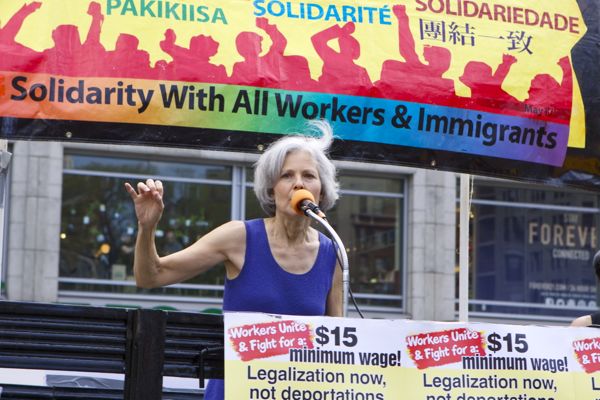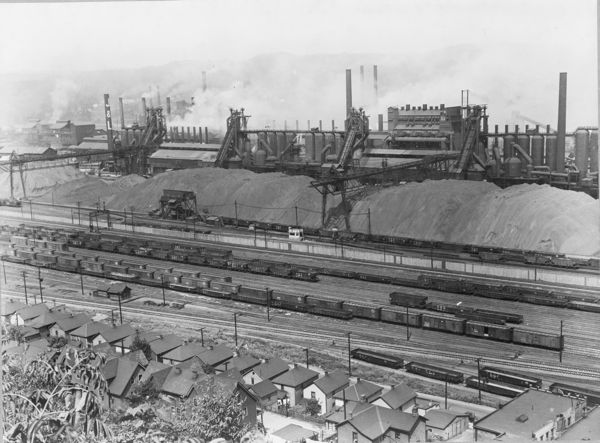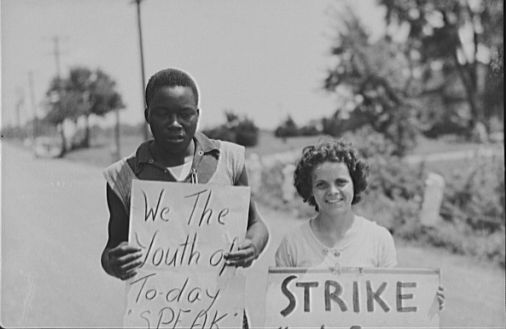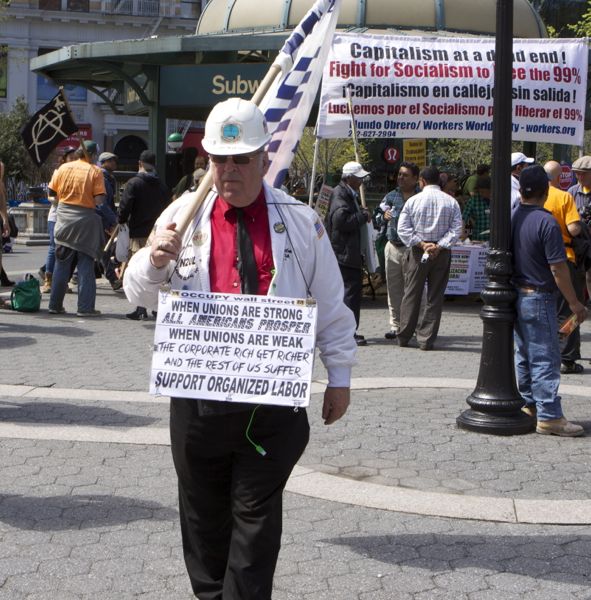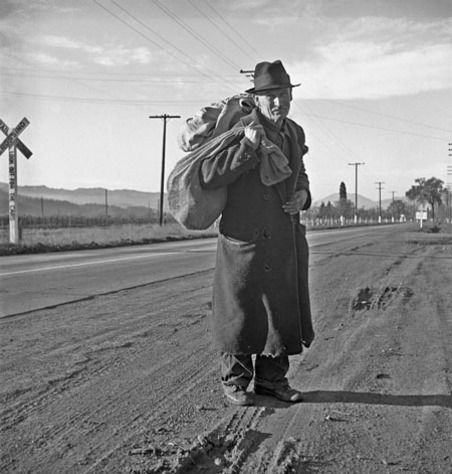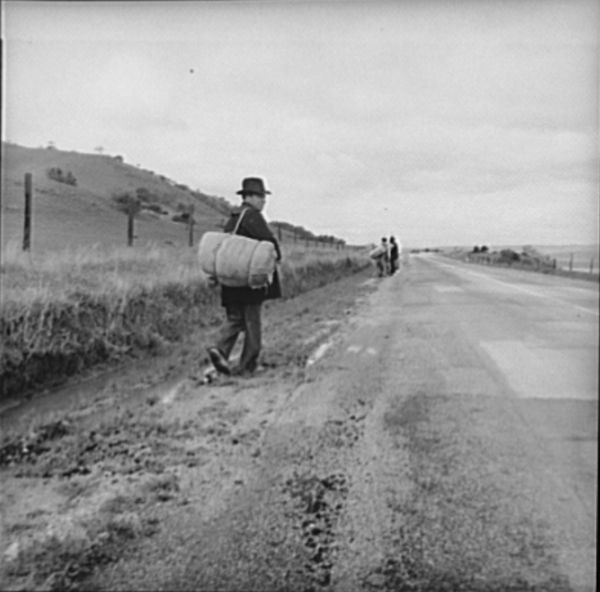Labor Day Thoughts
“Educate yourselves because we’ll need all your intelligence. Agitate because we’ll need all your enthusiasm. Organize yourselves because we’ll need all your strength.” (Antonio Gramsci – 1934?)
Happy Labor Day.
While President Obama is among the G20 elites in China promoting free trade and a corporate agenda sure to cook the planet – and Hillary Clinton fellates what even the NY Times called “the ultra-rich” of Gatsby’s Hamptons – let’s read these two excerpts and see if you can guess (or know) who wrote them and when they were written (I’ve edited to shorten and used different terms to avoid making it obvious – see answers below):
#1 – On the economy
… Society is more and mores splitting up into two great hostile camps; into two great classes directly facing each other. …
Modern industry has established the world market. … This market has given an immense development to commerce, to navigation, to communication. …
The executive of the modern state is but a committee for managing the common affairs of corporations.
The corporations have pitilessly torn asunder the ties between man and have left no other nexus than naked self interest, than callous “cash payments”. They have drowned the most heavenly ecstasies of religious fervor, of chivalrous enthusiasm, in the icy water of egotistical calculation. They have resolved personal worth into market exchange values and in place of the numberless indefeasible chartered freedoms, have set up that single, unconscionable freedom – free trade. In one word, veiled by religious and political affiliations, it has substituted naked, shameless, brutal exploitation. …
The need for a constantly expanding market for its products chases the corporations over the whole surface of the globe. They must nestle everywhere, settle everywhere, establish connections everywhere.
The corporations have through exploitation of the world market given a cosmopolitan character to production and consumption in every country. To the chagrin of conservatives, they have drawn under the feet of industry the national ground on which it stood. All old-established national industries have been destroyed or are daily being destroyed. They are dislodged by new industries that no longer work up indigenous raw material, but raw material drawn from the remotest zones; industries whose products are consumed not only at home, but in every quarter of the globe. In place of the old wants, satisfied by the production of the home country, they find new wants, requiring for their satisfaction the products of distant lands. In place of the old local and national self sufficiency we have intercourse in every direction, universal interdependence of nations….
The cheap prices of its commodities are the heavy artillery with which they batter down all Chinese walls, with which they force the barbarians’ intensely obstinate hatred of foreigners to capitulate. They compel all nations, on pain of extinction, to adopt the corporate mode of production; they compel them to introduce what it calls civilization into their midst; to become corporate themselves. In one word, it creates a world after its own image.
#2 – on why there is no large socialist or labor party in America
… American conditions involve very great difficulties for development of a workers party.
First, the Constitution, based on party government, causes every vote for any candidate not put up by one of the two governing parties to appear to be lost. The American wants to influence his government, he does not throw away his vote.
Second, immigration divides the workers into two groups: native born and immigrants, and the later in turn into many small ethnic/national subgroups, each of which understands only itself. And then there are African Americans. To form a single party out of all these requires quite unusually powerful incentives. Often there is a sudden violent élan, but the corporate elite need only wait passively and the dissimilar elements of the working class fall apart again.
Full disclosure: my mother’s father was a Wobblie.
Answers:
#1 is from “The Communist Manifesto” by Karl Marx and Friedrich Engels (1848) – I used the word “corporations” for Marx’s “bourgeoisie” to avoid giving it away.
#2 is from a letter by Friedrich Engels (1893) – slightly revised.
